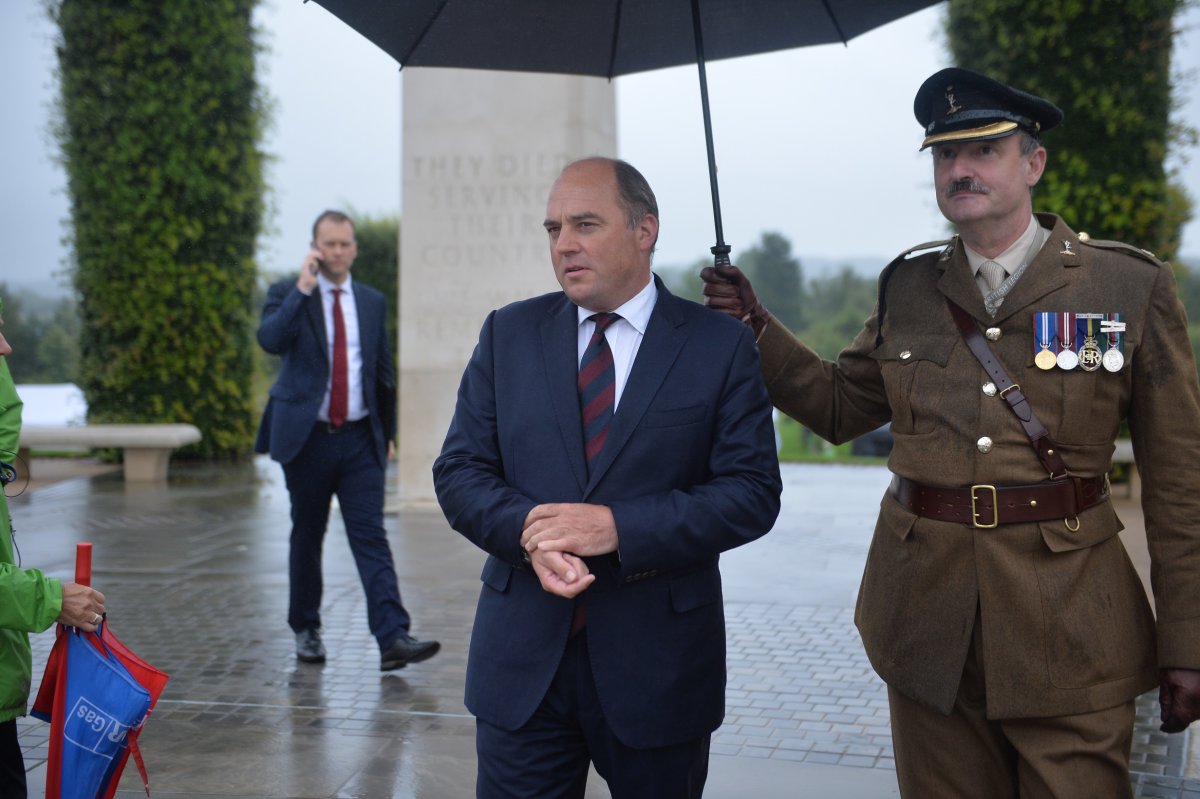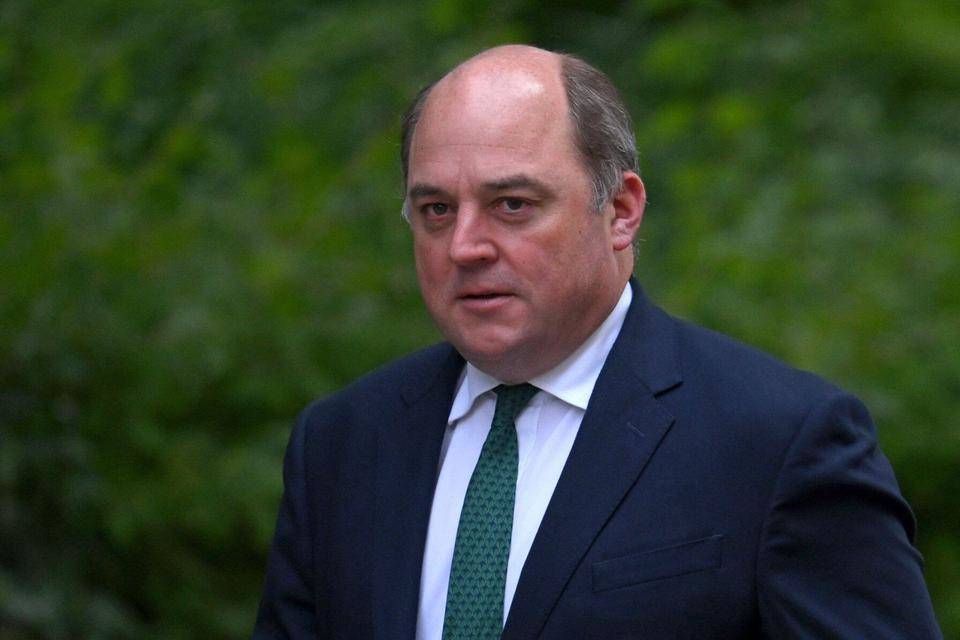Pitkä mutta hyvä artikkeli ryssän miehitysvallan alla elävien kaupunkien tilanteesta, poimin siitä muutaman pätkän:
https://unherd.com/2022/07/inside-the-ukrainian-resistance/
My sources inside Kherson are clear: the occupying forces are robbing people’s houses; they are always drunk, often from first thing in the morning; people are disappearing every day, especially in the port city of Genichesk. Just ten days ago, two women living in the Arabat Spit — a Crimean tartar and a Ukrainian — were taken from their homes and haven’t been seen since.
-
It would be unfair, however, to say the soldiers are just there to drink and beat people up; they also want to make money. Checkpoints are not just places of violence and intimidation, but of extortion as well. An informal tariff — based around different classes of vehicle — has come into effect. To get your car through without the endless queuing will cost $500 or more. A bus costs $2,000, a truck $20,000. Sometimes cars are allowed to leave without paying, and every so often the Russians shell them with BM-21 Grads — just to teach them a lesson for going back into Ukraine.
The Russians have also appropriated a network of petrol stations previously owned by OKKO and Shell. Prices there are now in roubles, which is the only currency they will accept. They’ve even manually set an exchange rate at 1 hryvnia to 1.5 roubles (the normal exchange rate is above 2). All this has come by the order of former Rada Deputy and ex-mayor of Kherson Volodymyr Saldo, who immediately supported Russian occupiers when they arrived and has become the head of the Kherson administration.
The Russians are trying to control all aspects of life, too. If you want to receive your salary into a bank account, you need to open an account in the bank the Russians have set up in the former Raiffeisen Bank building. “I saw huge lines of people there,” says one resident. “The catch, though, is that if you want the account, you also have to get a Russian passport, which people don’t want.”
-
Everywhere they’ve occupied the Russians have relied on collaborators. They don’t have enough people to both police the local population and staff all the administrative positions necessary for governance. Yet the number of collaborators appears to be small: if someone joins the local Russian government they get a Russian passport, and in Kherson, as of last week, only 23 people have received a Russian passport from direct collaboration out of a population of several hundred thousand in the city.
One of the first people the Russians try to recruit are school principals. Schools are vital to the system of occupation: where you have daily control of children, their parents are usually forced to follow. “Unfortunately, already two kindergartens have agreed to collaborate,” says the pro-democracy activist. “Also, we know that School #30, one of the most prestigious in the city, has agreed to switch its curriculum to the Russian one.”
Yet most remain reluctant to collaborate, despite the Russians pushing hard. In the towns of Melitopol and Kakhovka, those who refused — from a pool of mostly middle-aged women — were gathered together and put in a basement without food or access to a toilet, and then driven 30km from the city and dumped by the side of the road. They were told they had to return by curfew, or they would be killed on the road.
In the village of Bekhtery, the principal refused to collaborate and was beaten so badly she was left almost disabled. The head of the local council agreed to collaborate and tried to convince all teachers and civil servants to cooperate as well. Those who refused were betrayed to the Russians who sent patrols round to their houses to beat them up. “Collaborators are constantly looking to expand their influence,” says the pro-democracy activist. “They raid businesses and pressure new people to collaborate. Just yesterday, around 70 Lada Priora cars arrived that will be used to patrol the city. The fact that the collaborators seem so relaxed, opening new shops and petrol stations, makes some people think they will stay for a long time and that maybe the city has already been traded to the Russians.”
-
Then there is the more direct action. As the Russians have taken almost full control of the region, Ukrainian resistance has grown in proportion. On 16 June, Eugeniy Sobolev, the pro-Russian head of the Kherson prison service, was hospitalised after a bomb shattered the windows of his white Audi. Just under a week later, on June 24, Dmitry Savluchenko, the pro-Russian official in charge of the Department of Youth and Sports for the Kherson region, was blown up in his car. Serhii Khlan, an adviser to the head of the Ukrainian Kherson Civil Military administration,
called Savluchenko a “traitor” and announced that “our partisans have [won] another victory”.






